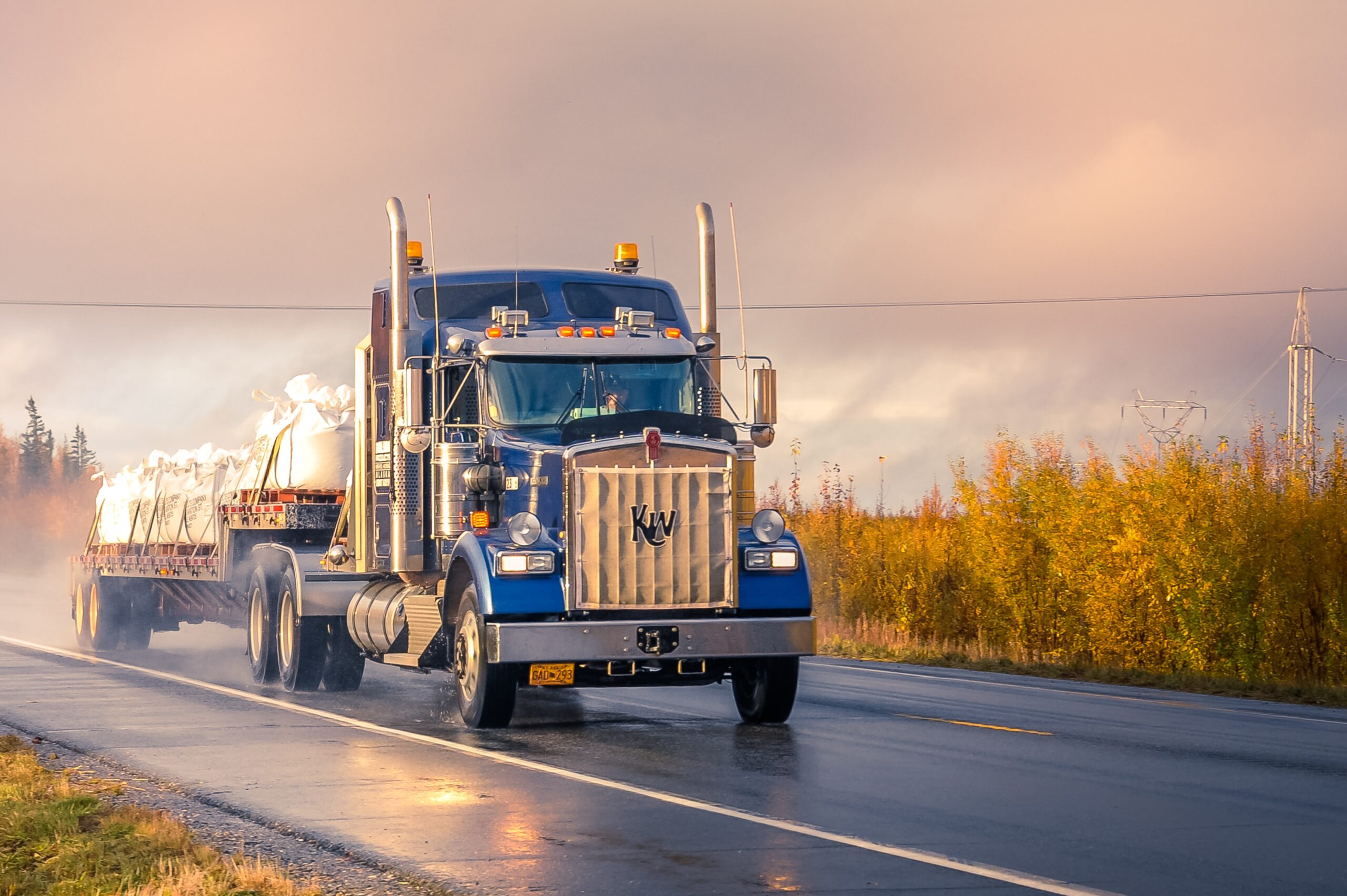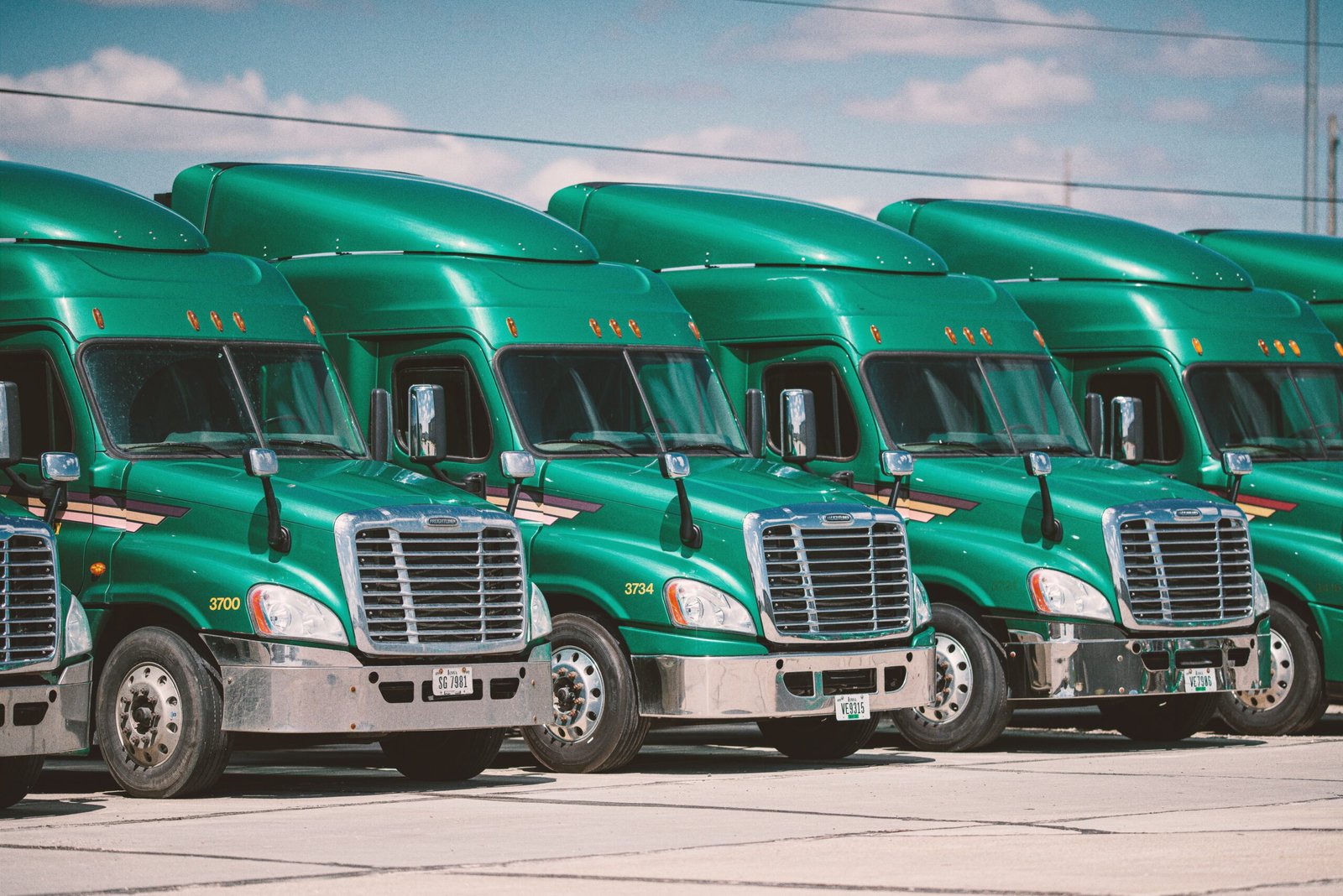For many years, pundits have been floating the idea of autonomous trucks – massive sixteen-wheelers that cruise along the highway without a driver.
But making these objects a reality seems like a distant pipe dream. Engineers are having to replace humans in vehicles. And that’s by no means an easy task.
Despite this, however, all the early signs are encouraging and it looks like this is something that’s going to happen. Heavy goods vehicles may eventually get a kind of brain of their own that allows them to drive in relatively predictable and stable highway conditions.
The industry is already moving in this direction anyway. For instance, autopilots can already tell when a driver is moving out of lane and encourage him to stick within it. And it won’t be long before trucks borrow lane technology from the car market for staying within a particular lane on the highway.
However, the industry may be about to go through a seismic shift. Drivers may no longer be required to keep their hands on the wheel at all. And eventually, they could lose their jobs altogether.
A firm called TuSimple, for instance, is currently trialing autonomous trucks on California highways and in Arizona. It’s using relatively open stretches of road to see whether it can program trucks to essentially do all the driving themselves. At the moment, the project aims to get trucks to run between depots without the requirement for human input. However, the firm says that humans are still required for supervision. However, in the future, it predicts that this will change and humans will not be a necessary part of the equation at all.
How a group of experienced truck accident lawyers would react to this news isn’t quite clear. On the one hand, you have less personal liability on the part of the driver in the event that a truck does get into an accident. But on the other hand, you have a situation where individuals could potentially take the manufacturer to court – something that rarely happens in vehicular collisions today. There could even be repercussions for the company operating the truck if it didn’t perform all the necessary safety protocols before the journey.
Those are some of the risks, but the benefits also appear as though they are going to be enormous.
For instance, autonomous trucks won’t have to stop for regular breaks, as current truck drivers must do by law. Furthermore, they will be able to run 24 hours a day, seven days a week, so long as they have fuel in the tank. That means that companies will be able to further refine and hone their just-in-time delivery models.
There’s also the added benefit that freight will be able to get to its destination faster. Consumers, therefore, may notice that their packages arrive slightly sooner in the post because they are able to get to distribution depots quicker.
The technology is still several years away. But it very much looks like it is going to happen – almost certainly in the next twenty years.








